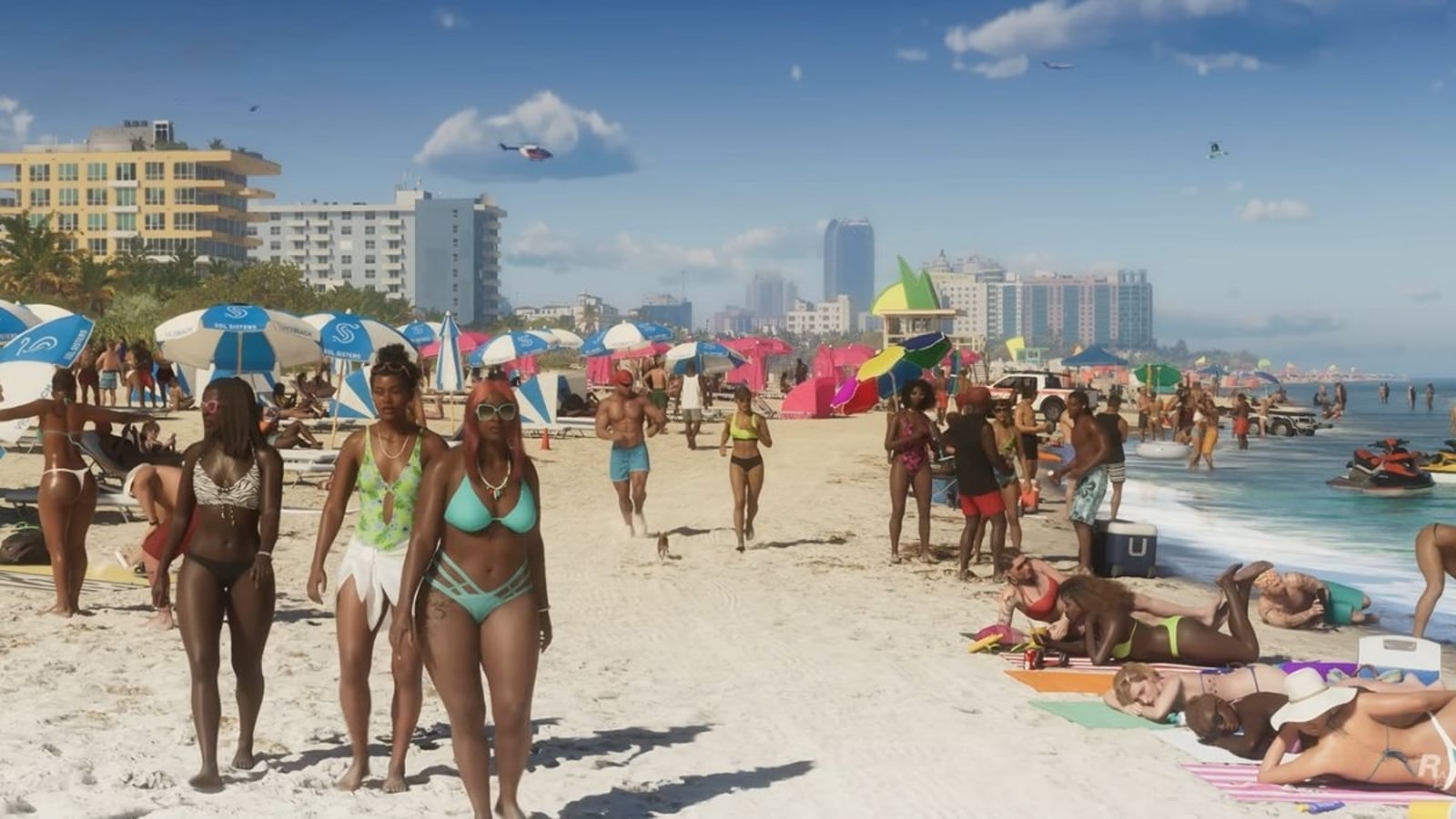President Aleksandar Vucic of Serbia announced on Saturday that he would not permit EuroPride, an annual weeklong gay pride event, to take place next month in his country’s capital, Belgrade, shocking the event’s organizers, who denounced the decision and vowed to go ahead regardless.
Mr. Vucic, despite noting that he was “not happy” about the decision, said that it was not the right time to host the event. He cited several reasons, including tensions with Kosovo, economic problems and concerns that anti-gay protesters could disrupt the festivities.
Organizers and civil rights groups said that any cancellation would violate their rights of freedom of assembly and free expression, which are laid out in the Serbian Constitution and protected by European human rights law.
“This is a violation of minority rights,” Mr. Vucic acknowledged, “but at this moment, the state is pressured by numerous problems.”
“I am not happy about it, but we can’t manage,” he added, in remarks reported by The Associated Press. Protesters, including far-right lawmakers and religious groups, have in recent weeks marched against the event, which is planned for Sept. 12-18.
“From our perspective, nothing has changed. The event is going ahead as planned,” said Steve Taylor, a board member of the European Pride Organizers Association, which licenses the festival.
And he added that Mr. Vucic’s stance could backfire. “The president’s statement this morning is probably the best marketing campaign we ever could have hoped for,” Mr. Taylor noted.
EuroPride is a weeklong festival that has been held since 1992 in a different European city each year. The host is chosen through a vote by Pride organizers around Europe, and event planners said that this year’s iteration in Belgrade would be the first time it had been held in southeastern Europe. Past events have been held in Warsaw and in Riga, Latvia.
More than 15,000 people, many traveling from abroad, were expected to attend the Belgrade event, which was to include a program of talks, movies and exhibitions of work by artists from across the western Balkans and would culminate in a Pride march.
Goran Miletic, an organizer in Belgrade, said that the acceptance of the Serbian capital’s bid, which beat competing offers from Barcelona and Dublin, had been a milestone for the L.G.B.T.Q.I. community in his country and across the Baltic region.
“EuroPride is important because it increases the visibility of the community in that country,” he said. “It helps get solidarity.”
Belgrade’s bid to host EuroPride had been supported by Serbia’s prime minister, Ana Brnabic, who is the first woman and first openly gay person to hold that position in the country.
Mr. Vucic, who won re-election in April, confirmed in his news conference on Saturday that Ms. Brnabic would continue as prime minister.
The plan to host EuroPride drew protests in Serbia, with far-right lawmakers and religious figures leading the opposition, which included a rally this month featuring thousands of demonstrators. A Serbian Orthodox bishop, Nikanor Bogunovic of Banat, claimed that the event would desecrate the capital.
Mr. Miletic said that he had received no warning of a postponement from the government.
“At the moment, it’s really a shock for all of us,” he said, adding that, though previous Pride events had received opposition, he did not believe that the possibility of clashes was enough to cancel the event.
Mr. Miletic said that organizers were prepared to mount a legal challenge to any formal bid to cancel the event and that Serbia’s courts had ruled that the banning of previous Pride events was unconstitutional.
European lawmakers backed the organizers’ vow to move forward.
Terry Reintke, a chairwoman of the L.G.B.T.I. group in the European Parliament, posted her support on Twitter.
“We will be there for @EuroPride in 3 weeks and march with you in the streets of Belgrade,” she wrote. “Freedom of assembly is a fundamental right.”

























